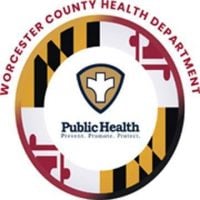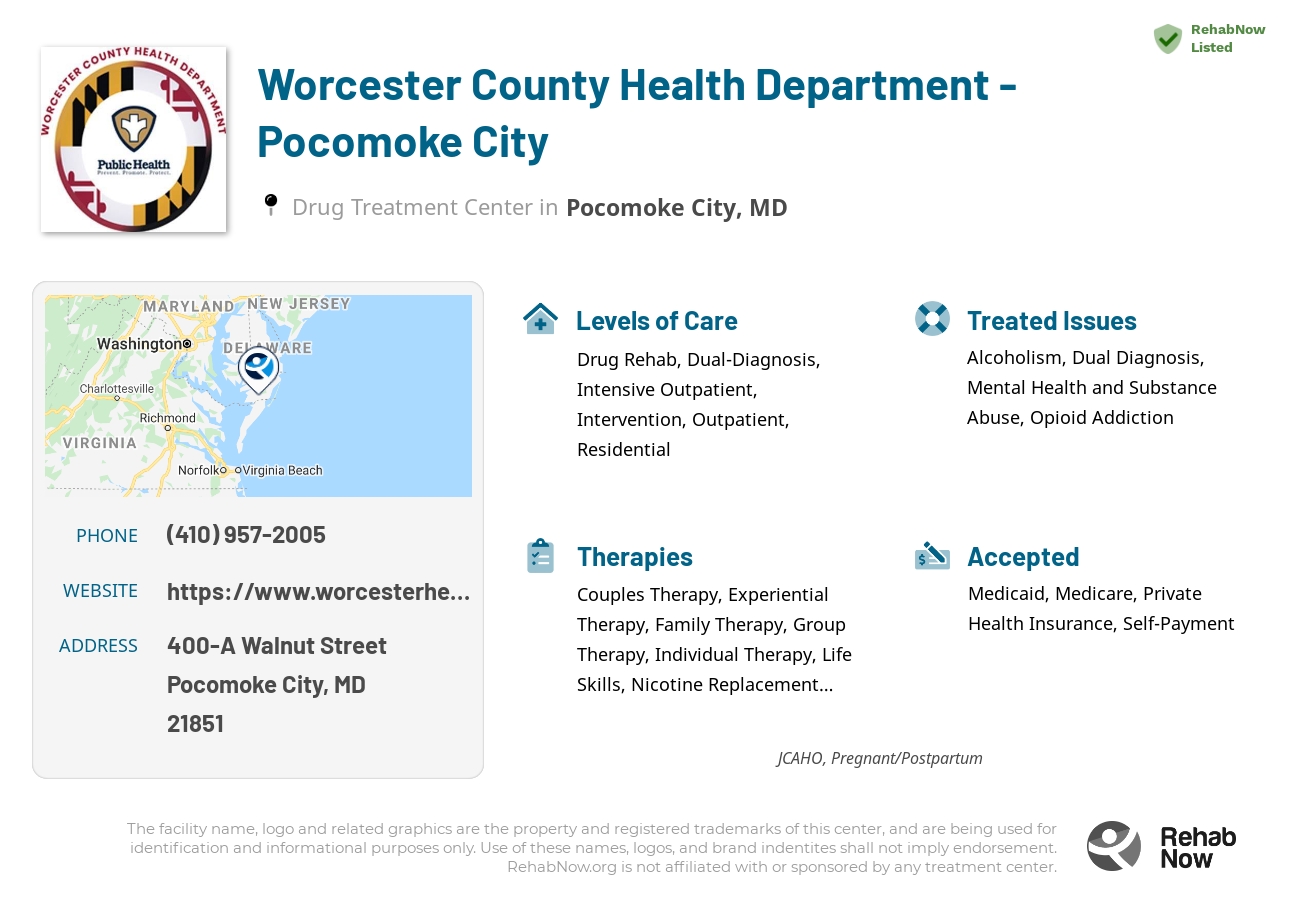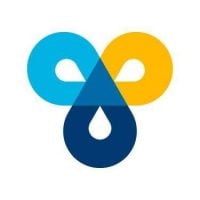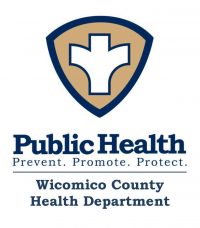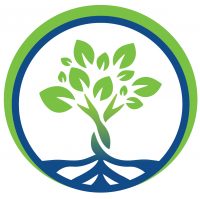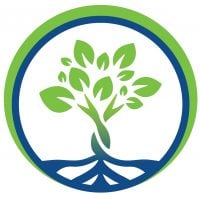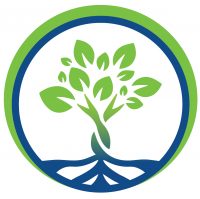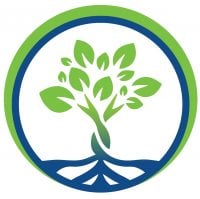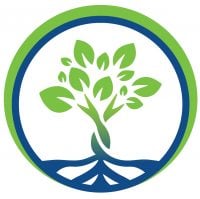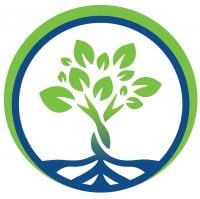Worcester County Health Department - Pocomoke City
Drug Rehab Center in Pocomoke City, Maryland
Worcester County Health Department - Pocomoke City provides health care services, including substance abuse evaluation and counseling, to improve the overall health of the community through personalized service and a multidisciplinary team in historic downtown Pocomoke City, Maryland.
About This Maryland Facility
Worcester County Health Department - Pocomoke City is a locally-operated facility in Pocomoke City, Maryland that focuses on providing a range of health care services for county residents. Located in historic downtown, the Health Department is staffed by multidisciplinary professionals providing personalized service, with a goal to improve the overall health of the community. Along with the many other services they offer, the Health Department provides substance abuse evaluation and counseling services to those struggling with addiction and substance abuse.
At Worcester County Health Department - Pocomoke City, individuals seeking help are matched with certified counselors to assess their addiction and develop a personalized treatment plan, if needed. After assessment, patients can receive a range of treatment services, such mental health counseling and medical care, to assist with recovery. Additional services at the health department include support groups, education and prevention programs, overdose prevention and response, and referral services to other community providers.
The Worcester County Health Department - Pocomoke City is accredited by the Maryland Department of Health and the Substance Abuse Mental Health Services Administration. The facility is fully licensed and certified by the State of Maryland as a provider of substance abuse services. It is also a recipient of the National Council for Behavioral Health Excellence in Clinical Care Award.
Genders
Ages
Modality
Additional
Accreditations

JCAHO
Conditions and Issues Treated
Opioid addiction is the result of repeated use, or abuse, of opioid drugs. It is recommended for people who are dependent on opioids, or who have a high risk for dangerous health concerns, to seek professional treatment. Treatment plans usually include behavioral therapy and medication-assisted treatment.
Opioid drugs include: fentanyl, heroin, methadone, oxycodone, and oxymorphone.
Opioid addiction treatment is beneficial for:
- People who have a history of severe withdrawal.
- People with a high risk for dangerous health concerns.
- People having difficulty overcoming opioid addiction on their own.
There are different kinds of Dual Diagnosis:. A person who simultaneously experiences both a mental illness and an addiction disorder. Or, a person who experiences one or more coexisting (simultaneous) mental health conditions in addition to a primary substance use disorder.
The treatment requires a multi-disciplinary approach, it’s crucial for individuals to partner up with a healthcare provider who understands all the recovery components.
Levels of Care Offered at Worcester County Health Department - Pocomoke City
This center offers a variety of custom treatment tailored to individual recovery. Currently available are Drug Rehab, Dual-Diagnosis, Intensive Outpatient, Intervention, Outpatient, Residential, with additional therapies available as listed below.
An Intensive Outpatient Program (IOP) is a form of drug treatment that allows individuals to receive the therapy they need while remaining in their homes and community.
An IOP is typically 3-5 days per week, at least 4 hours each day of treatment. Treatment can last for a few months or longer, depending on the situation.
An IOP is a step down from an inpatient treatment center and can be used as a step down from an inpatient stay or as a more intense form of outpatient treatment. IOPs allow for the flexibility to continue working and living at home while still meeting treatment demands.
The outpatient programs in Pocomoke City, MD are for those addicted drugs or alcohol. The goal of the outpatient rehabilitation program is to make them stop abusing drugs or alcohol, reduce drug use or addictive behaviors, and become entirely sober. It is generally required to attend the outpatient program for 10-12 hours every week.
Patients can be administered on-the-spot medication to ease withdrawal symptoms such as anxiety, increased heart rate, and even depression. Groups such as Alcoholics Anonymous (AA) and Narcotics Anonymous (NA) can be used as a part of outpatient treatment to help maintain sobriety.
Residential treatment programs are those that offer housing and meals in addition to substance abuse treatment. Rehab facilities that offer residential treatment allow patients to focus solely on recovery, in an environment totally separate from their lives. Some rehab centers specialize in short-term residential treatment (a few days to a week or two), while others solely provide treatment on a long-term basis (several weeks to months). Some offer both, and tailor treatment to the patient’s individual requirements.
The main goal of an intervention is for the addict to go to rehabilitation and address their addiction.
Interventions are meetings organized by friends and family of an individual with addiction. A specialist is present to lead the discussion and motivate the addict to seek external support. Intervention services help family members to open up about their feelings and concern for the addict. This expressiveness usually results in the addict seeking treatment at a rehabilitation facility.
Therapies & Programs
People in addiction recovery can benefit from individual therapy. This type of therapy involves meeting with a therapist one-on-one. This allows for a personal and trusting relationship to be built so that the patient can be truly themselves and express any emotions they feel. Individual therapy leads to greater understanding and peace about your triggers for addiction and coping strategies to prevent relapse.
Couples therapy for drug addiction is based on the belief that addiction is a family disease. Everyone involved with an addict, not just the addict themselves, is affected by their behavior and the changes the addict goes through. The relationship also changes the addict’s significant other and has likely picked up some codependent behaviors. Codependency is a term used to describe a person obsessed with another person and their needs and feelings while neglecting their own. Addicts are usually people-pleasers, so it is understandable how one can become codependent in relationships with addicts.
Family therapy is a type of group problem-solving that aims to improve communication and relationships between the patient, their family, and sometimes friends. The main goal of family therapy for drug addiction is to create an environment where communication can occur without judgment, hostility, or blame. The therapist is with the family as they learn to communicate with each other differently, especially with the addict when s/he is using.
Group therapy sessions are held in rehab facilities, clinics, churches or community centers that offer drug addiction treatment. People who attend these groups are encouraged to voice their feelings and support other addicts in recovery. This helps group members strengthen their own recovery program while cheering on others who are struggling with sobriety.
Group therapy sessions provide recovering addicts with a chance to cope with everyday situations that many face. Group therapy sessions are held in rehab facilities, clinics, churches or community centers that offer drug addiction treatment.
People who attend these groups are encouraged to voice their feelings and support other addicts in recovery. This helps group members strengthen their own recovery program while cheering on others who are struggling with sobriety.
If you’re looking for addiction treatment, it’s important to find a facility that offers trauma therapy. This type of therapy helps people process and understand the past traumas that have led to their addiction. Trauma therapists will work with clients to help them understand their past and present relationships and show them that they are worthy of love. This therapy is typically done using visualization, discussion, and writing down thoughts and feelings.
Trauma Therapy is a form of therapy that involves working with a patient to help them process and understand the past trauma(s) in their life. This therapy is typically done using techniques such as visualization, discussion, and writing down thoughts and feelings. The main goals of trauma therapy is to help clients express their emotions and talk about what they are feeling.
Cognitive Behavioral Therapy (CBT) helps addicts identify faulty, negative thinking so that they can work together with the therapist to find healthier ways of thinking. CBT focuses on specific aspects of each person’s thinking, feeling, physiology, and behavior. It aims to identify specific problems in these areas, and create a personalized treatment strategy.
Life Skills Services offered at Worcester County Health Department - Pocomoke City assists addicts in their recovery by teaching them healthy coping mechanisms that will aid them in becoming sober, focussing on helping people enter into, and maintaining long-term sobriety. Worcester County Health Department - Pocomoke City provide Life Skills Services at varying levels of intensity, specific to the needs and requirements of each patient.
Benefits of Life Skills Services offered at Drug Treatment Centers in Maryland:
- Restores hope and empowerment — Helps addicts believe that recovery is possible and instills a new confidence in their ability to achieve a positive, drug-free future
- Enhances family involvement — Encourages families to get involved in the recovery process and supports their understanding and encouragement of healthy behavior.
- Increases patient’s compliance — Helps patients take responsibility for and ownership of their recovery and encourages continued progress
- Reduces relapse rates — Encourages long-term abstinence and emphasizes the importance of establishing sober support systems.
Patient Experience
Experiential Therapy at Worcester County Health Department - Pocomoke City
Experiential Therapy allows addicts to release emotions in a safe environment. The process involves addicts painting their feelings and releasing them on a canvas. LPE – Love, Peace, and Equilibrium is one of the most popular forms of experiential therapy.
Payment Options Accepted
For specific insurance or payment methods please contact us.
Is your insurance accepted?
Ask an expert, call (888) 674-0062
Worcester County Health Department Associated Centers
Discover treatment facilities under the same provider.
- Worcester County Health Department - Berlin Health Center in Berlin, MD
- Worcester County Health Department - WACS Center in Ocean City, MD
- Worcester County Health Department - Snow Hill Health Center in Snow Hill, MD
- Worcester County Health Department - Snow Hill in Snow Hill, MD
- Worcester County Health Department - Berlin in Berlin, MD
Learn More About Worcester County Health Department Centers
Additional Details
Specifics, location, and helpful extra information.
Pocomoke City, Maryland 21851 Phone Number(410) 957-2005 Meta DetailsUpdated November 25, 2023
Staff Verified
Patient Reviews
There are no reviews yet. Be the first one to write one.
Pocomoke City, Maryland Addiction Information
For the past decade, Maryland's rate of drug use and abuse has significantly increased. The overdose rate is currently higher than the national average. This epidemic is due to the many industries where manual labor is required. As soon as prescription opioids were more readily accessible a large part of manual workers started using–and eventually abusing–the painkillers.
Treatment in Nearby Cities
- Oxon Hill, MD (92.2 mi.)
- Federalsburg, MD (44.5 mi.)
- Bladensburg, MD (95.2 mi.)
- Salisbury, MD (20.0 mi.)
- Dundalk, MD (96.4 mi.)
Centers near Worcester County Health Department - Pocomoke City
The facility name, logo and brand are the property and registered trademarks of Worcester County Health Department - Pocomoke City, and are being used for identification and informational purposes only. Use of these names, logos and brands shall not imply endorsement. RehabNow.org is not affiliated with or sponsored by Worcester County Health Department - Pocomoke City.
